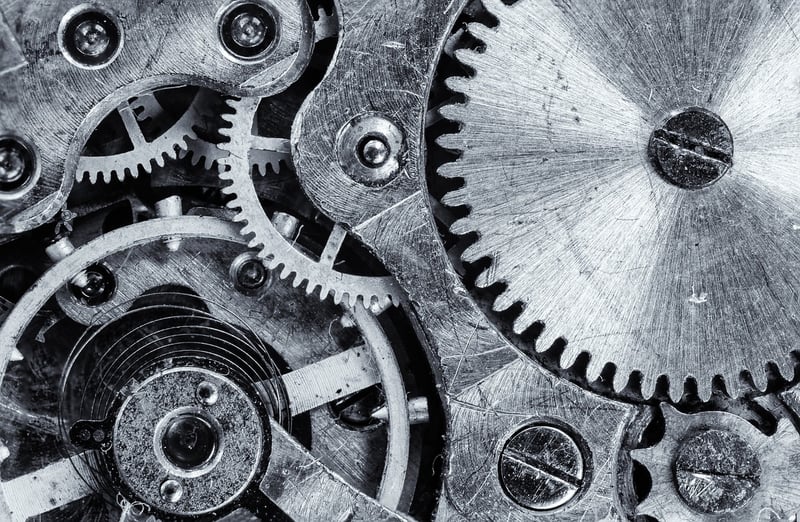Industrial Revolution
The Industrial Revolution: A Transformative Period in History
Throughout history, there have been several significant periods that have shaped the world as we know it today. One of the most revolutionary periods was the Industrial Revolution, which spanned from the late 18th century to the mid-19th century. This era marked a significant shift in the way societies were organized and economies functioned, ultimately leading to the modern world we live in today.
Key Features of the Industrial Revolution
The Industrial Revolution was characterized by several key features that set it apart from previous eras:
- Rapid industrialization and urbanization
- Technological advancements, such as the steam engine and mechanized production
- The rise of factories and mass production
- Shift from agrarian economies to industrial economies
- Significant social and economic changes, including the emergence of a working class
Impact on Society
The Industrial Revolution had a profound impact on society, transforming the way people lived and worked. It led to:
- The growth of cities and urban areas as people moved from rural areas to work in factories
- The establishment of a capitalist economic system based on industrial production
- The emergence of new social classes, such as the industrial bourgeoisie and the working class
- Improved standards of living for some, but also harsh working conditions for many laborers
Historical Significance
The Industrial Revolution is considered a pivotal period in history for several reasons:
- It laid the foundation for modern industrial economies and globalization
- It brought about significant social and cultural changes
- It spurred advancements in technology and innovation that continue to shape the world today
Conclusion
The Industrial Revolution was a transformative period in history that forever altered the course of human civilization. Its impact is still felt today in the way we work, live, and interact with the world around us.

For more information on the Industrial Revolution and other historical periods, visit History.com.
